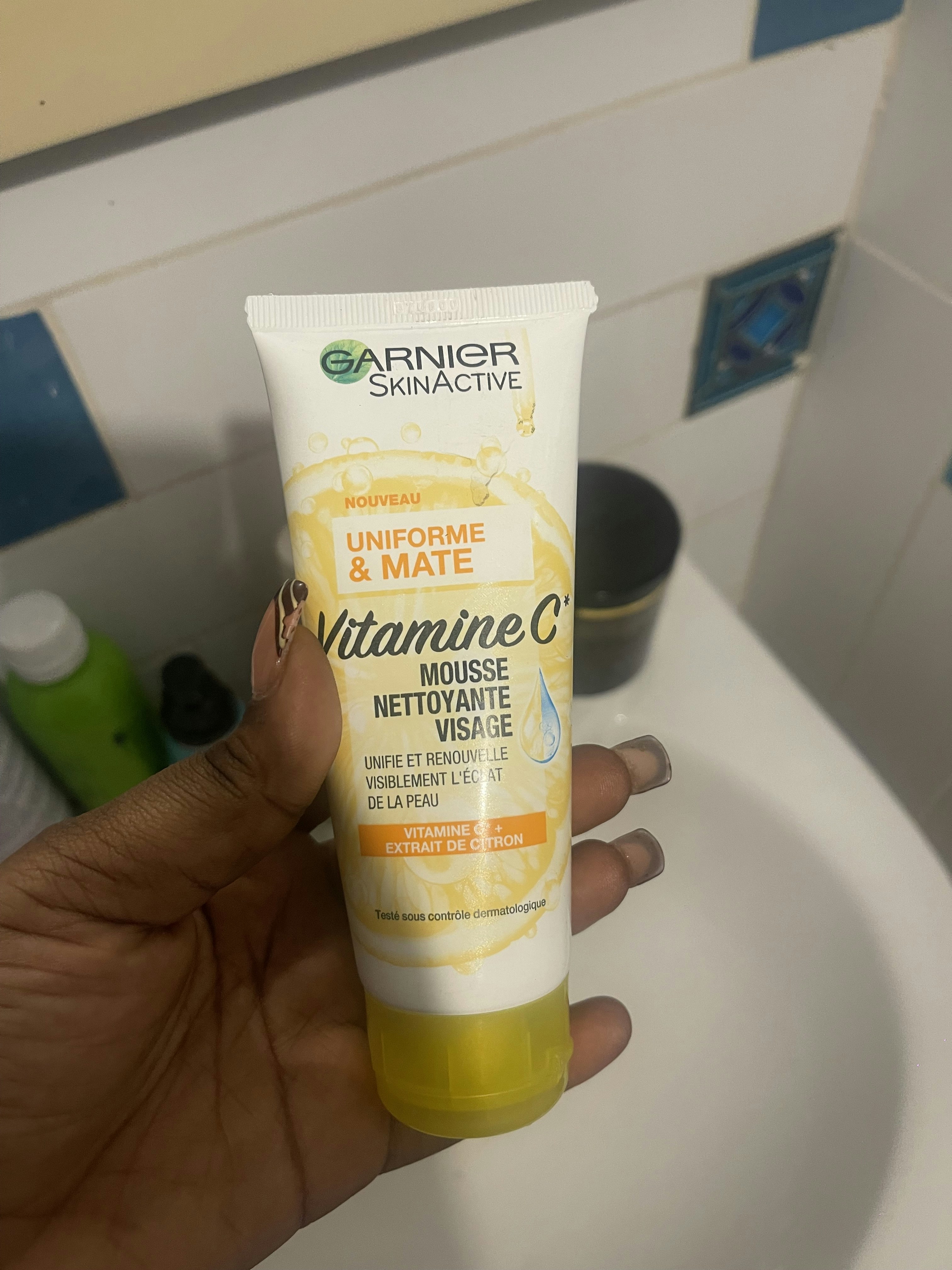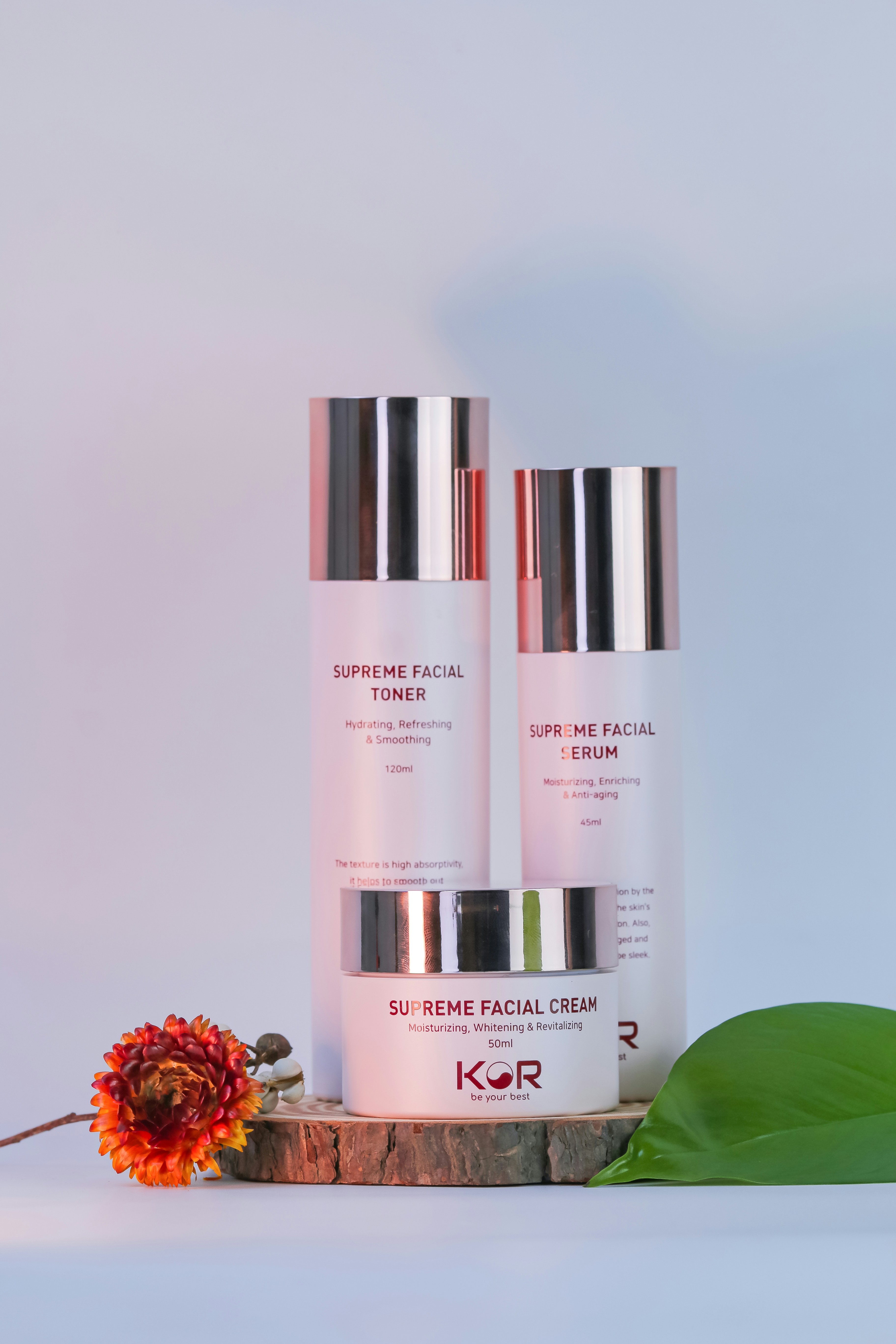Understanding Oily Skin: Causes and Characteristics
Oily skin is a common skin type characterized by an excess production of sebum, the natural oil produced by sebaceous glands. Individuals with oily skin often notice a noticeable shine on the face, particularly in the T-zone, which comprises the forehead, nose, and chin. This overactive oil production can lead to enlarged pores and a higher propensity for developing acne, blackheads, and whiteheads. Understanding oily skin is crucial for selecting the most appropriate skincare products, particularly face washes tailored for this specific skin type.
The primary biological factors contributing to oily skin include hormonal fluctuations, genetic predisposition, and environmental influences. Hormonal changes, particularly those associated with puberty, menstrual cycles, pregnancy, or conditions such as polycystic ovary syndrome (PCOS), can trigger increased oil production. Additionally, genetics play a role, as individuals with a family history of oily skin may be more likely to experience similar conditions. Environmental factors, including high humidity, pollution, and the use of heavy or comedogenic makeup products, can further exacerbate oily skin issues.
Understanding these characteristics is vital for individuals seeking effective skincare solutions. A face wash formulated for oily skin must provide adequate cleansing without stripping the skin of essential moisture. Look for products that include ingredients such as salicylic acid, which can penetrate pores to help clear excess oil and reduce acne formation, or clay-based cleansers that can absorb oil at the surface. Additionally, non-comedogenic formulations are crucial; these are designed to avoid clogging pores, thus helping prevent breakouts in oily skin types. Ultimately, knowing the causes and characteristics of oily skin aids in selecting the right cleansing products that promote a balanced, clear complexion.
Ideal Ingredients for Face Washes for Oily Skin
When selecting a face wash specifically formulated for oily skin, it’s essential to consider ingredients that effectively address excess oil production and help prevent breakouts. One of the most recommended ingredients is salicylic acid, a beta-hydroxy acid that penetrates deep into the pores. This compound not only exfoliates the surface of the skin but also dismantles the oil and debris that can contribute to clogging, thereby minimizing the risk of acne.
Another powerful ingredient is benzoyl peroxide, known for its antibacterial properties. It targets the bacteria responsible for acne and helps to reduce inflammation associated with breakouts. Often, products containing a concentration of 2.5% to 5% benzoyl peroxide are effective without causing excessive dryness, which can be a concern for those with oily skin.
Tea tree oil is also a beneficial component in face washes for oily skin. This natural antiseptic has antimicrobial properties that can help alleviate breakouts without the harshness of some synthetic options. It is recommended for individuals seeking a gentler alternative that still provides acne-fighting capabilities.
In addition to these active ingredients, clay plays a significant role in cleansing oily skin. Clay helps to absorb excess oil and detoxify the skin, making it an excellent option for those prone to shine and breakouts. Look for face washes containing bentonite or kaolin clay, as they effectively draw out impurities while maintaining the skin’s moisture balance.
Conversely, ingredients like sodium lauryl sulfate or overly heavy oils should be avoided as they can exacerbate the issues associated with oily skin. These components may strip the skin of its natural moisture, prompting an increase in oil production as a compensatory mechanism. Understanding the right ingredients ensures that you choose a face wash that cleanses effectively without damaging your skin’s barrier.
Essential Tips for Caring for Oily Skin
Caring for oily skin requires a multifaceted approach, as it often involves not just the selection of an appropriate face wash but also several routine practices and lifestyle choices. A consistent skincare regimen that includes cleansing, exfoliating, toning, and moisturizing is essential for managing excess oil and maintaining a healthy complexion. Firstly, choosing a gentle exfoliator with salicylic acid can help clear away dead skin cells that contribute to excess sebum production, thereby reducing the likelihood of breakouts. Exfoliating two to three times a week can promote a smoother texture while preventing clogged pores.
Toning is another vital step in successfully managing oily skin. Opt for alcohol-free toners containing witch hazel or tea tree oil, as these ingredients can help tighten pores and balance oil production without drying out the skin. Following up with a lightweight, oil-free moisturizer is equally significant. Contrary to popular belief, moisturizing is crucial for oily skin, as it maintains hydration and prevents the overproduction of oil due to dryness.
Lifestyle choices also play a pivotal role in managing oily skin. Maintaining a balanced diet rich in fruits, vegetables, and whole grains can help regulate oil production. Foods high in omega-3 fatty acids, such as fish or flaxseed, may also help improve skin health. Staying well-hydrated by drinking sufficient water daily can aid in flushing out toxins, further promoting a clearer complexion.
Lastly, sun protection cannot be overlooked. Use a non-comedogenic sunscreen daily to shield your skin from harmful UV rays, which can exacerbate oiliness and trigger breakouts. By following these essential tips and integrating them into your daily routine, you can better manage oily skin while enhancing your overall skin health and appearance.
Recommended Face Wash Products for Oily Skin
For those dealing with the challenges of oily skin, selecting the right face wash is essential. Here, we present a curated list of top-rated face washes known for their effectiveness in managing excess sebum production while ensuring a gentle cleanse. Each of these products has been selected based on their formulation, customer feedback, and dermatological recommendations.
First on our list is the CeraVe Foaming Facial Cleanser. This gel-based face wash contains ceramides and hyaluronic acid, which not only aid in removing dirt and oil but also help in retaining skin’s moisture barrier. Testimonies suggest that users appreciate its non-irritating formula, leaving the skin feeling clean yet hydrated.
Another excellent choice is the Neutrogena Oil-Free Acne Wash. With its salicylic acid inclusion, this face wash is particularly beneficial for those prone to breakouts. Its light texture ensures that it effectively targets dead skin cells and excess oil without over-drying the skin, making it a favorite among users seeking acne solutions.
The La Roche-Posay Effaclar Purifying Foaming Gel is also highly recommended. Known for its calming properties, this formula includes zinc pidolate, which helps to regulate oil and reduce shine. Dermatological reviews highlight its ability to purify the skin without harsh ingredients, making it gentle for daily use.
Lastly, the Paula’s Choice CLEAR Pore Normalizing Cleanser deserves mention as well. This formulation is specifically designed for oily and acne-prone skin, featuring soothing agents to minimize irritation. Users have reported significant reductions in breakouts after consistent use, emphasizing its effectiveness.
Collectively, these face washes exemplify ideal solutions for oily skin, providing gentle yet thorough cleansing capabilities. Incorporating these into a daily skincare routine can significantly contribute to controlling oiliness while maintaining skin health.

